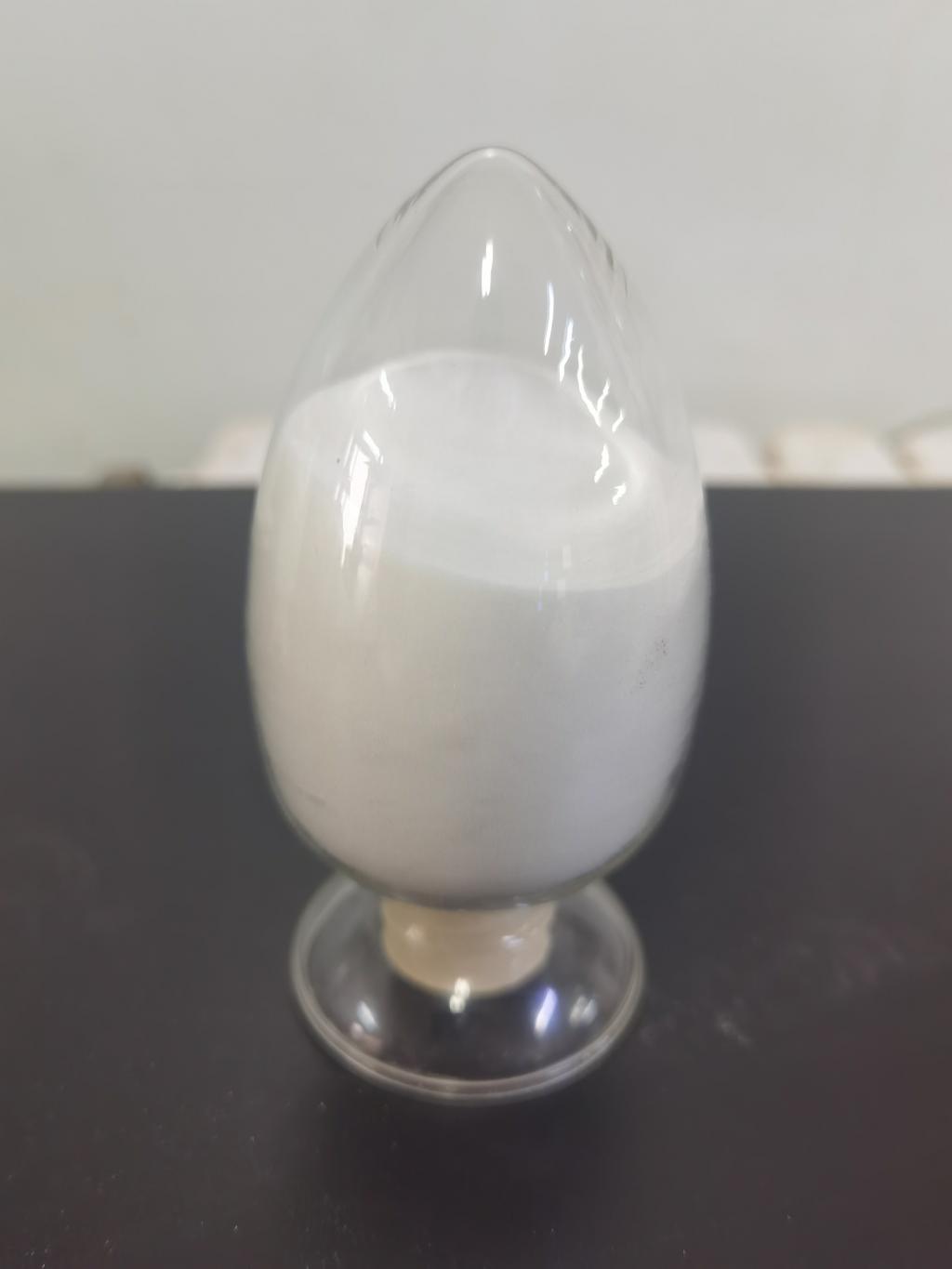Tel:+8618231198596

News
 CONTACT
CONTACT
 CONTACT
CONTACT
- Linkman:Linda Yao
- Tel: +8618231198596
- Email:linda.yao@dcpharma.cn
- Linkman:CHARLES.WANG
- Department:Overseas
- Tel: 0086 0311-85537378 0086 0311-85539701
News
Current Position:
Home >
News
>Enhancing Food Safety in International Trade: The Role of ε-Polylysine Hydrochloride
Enhancing Food Safety in International Trade: The Role of ε-Polylysine Hydrochloride
TIME:2024-01-23
I. The Globalization of Food Supply Chains:
The interconnectedness of global markets has transformed the food supply chain into a complex web of production, processing, and distribution networks. While this globalization allows consumers to enjoy a variety of foods from around the world, it also introduces challenges related to food safety. Contamination, spoilage, and the risk of foodborne illnesses during transportation are significant concerns that need innovative solutions.
II. Understanding ε-Polylysine Hydrochloride:
ε-Polylysine hydrochloride is a naturally occurring biopolymer produced through the fermentation of Streptomyces albulus. Its unique cationic homopolymer structure, derived from the amino acid lysine, grants it potent antimicrobial properties. These properties make ε-polylysine hydrochloride a valuable tool in preserving food quality and safety, particularly in the context of international trade.
III. Antimicrobial Action and Food Preservation:
The mechanism of action of ε-polylysine hydrochloride involves disrupting microbial cell membranes, leading to the inhibition of bacterial and fungal growth. This targeted antimicrobial action allows for the preservation of food products by controlling spoilage organisms and foodborne pathogens. ε-Polylysine hydrochloride's effectiveness against a broad spectrum of microorganisms positions it as a versatile solution in safeguarding food safety during international trade.
IV. Applications in Preserving Perishable Foods:
Perishable foods, including fruits, vegetables, and seafood, are highly susceptible to spoilage during transportation. ε-Polylysine hydrochloride can be applied as a natural preservative to extend the shelf life of these products. Its ability to control the growth of bacteria and molds provides an effective means of preventing spoilage and maintaining the quality of perishable foods throughout the complex international supply chain.
V. Mitigating the Risk of Cross-Contamination:
Cross-contamination is a significant concern when transporting various food products in shared containers and storage facilities. ε-Polylysine hydrochloride's antimicrobial properties can be harnessed to mitigate the risk of cross-contamination during international trade. By inhibiting the growth of pathogens on surfaces, equipment, and storage areas, ε-polylysine hydrochloride contributes to a safer and more hygienic food handling environment.
VI. Application in Seafood Preservation:
Seafood products are particularly vulnerable to spoilage and contamination during transportation due to their perishable nature. ε-Polylysine hydrochloride presents a promising solution for preserving the freshness and safety of seafood. From fish to shrimp and shellfish, its targeted antimicrobial action can prevent the proliferation of spoilage bacteria and pathogens, ensuring that consumers receive high-quality seafood products.
VII. Temperature Stability and Cold Chain Management:
Maintaining the cold chain is critical for preserving the quality of perishable foods during international transportation. ε-Polylysine hydrochloride's stability under a range of temperatures makes it suitable for cold chain management. Its application in conjunction with proper temperature control measures can enhance the resilience of the cold chain, minimizing the risk of bacterial growth and ensuring food safety.
VIII. Regulatory Considerations and International Standards:
As a potential solution for enhancing food safety in international trade, ε-polylysine hydrochloride must adhere to regulatory standards and international guidelines. This section explores the current regulatory landscape surrounding the use of ε-polylysine hydrochloride in food preservation, including permissible concentrations, labeling requirements, and safety assessments. A harmonized approach to regulations is essential for facilitating global trade while ensuring food safety standards are met.
IX. Integration with Smart Packaging Technologies:
Advancements in smart packaging technologies provide opportunities to monitor and control the conditions of food products during transportation. ε-Polylysine hydrochloride can be integrated into active packaging systems to release antimicrobial agents when needed, further enhancing food safety. This smart packaging approach aligns with the principles of precision control and sustainability in the international trade of food products.
X. Addressing Cultural and Consumer Preferences:
In the global food market, understanding and respecting cultural and consumer preferences are crucial aspects of successful international trade. This section explores considerations related to ε-polylysine hydrochloride, including its impact on sensory attributes, cultural acceptance, and transparency in labeling. Balancing the technological advantages of ε-polylysine hydrochloride with cultural and consumer expectations is essential for its successful integration into international trade practices.
XI. Collaborative Initiatives and Industry Adoption:
The successful implementation of ε-polylysine hydrochloride in enhancing food safety during international trade requires collaborative initiatives. This involves partnerships between industry stakeholders, regulatory bodies, and research institutions to establish best practices, standards, and guidelines. Industry adoption of ε-polylysine hydrochloride as a safe and effective food preservation solution is essential for realizing its potential in the global marketplace.
XII. Future Directions and Research Opportunities:
As ε-polylysine hydrochloride gains attention for its role in enhancing food safety in international trade, future research directions become integral. This section explores potential areas for further investigation, including optimizing application methods, expanding its application to a broader range of food products, and assessing its long-term impact on global food safety. Collaborative research efforts will drive innovation and the responsible adoption of ε-polylysine hydrochloride in international trade.
XIII. Conclusion:
In conclusion, ε-polylysine hydrochloride emerges as a promising solution in enhancing food safety during international trade. Its antimicrobial properties, versatility in preserving various food products, and compatibility with modern food supply chain practices position it as a valuable tool for the industry. As global trade continues to evolve, ε-polylysine hydrochloride offers a pathway to ensure the safety and quality of foods as they journey across borders, contributing to a more secure and sustainable global food supply chain.
- Tel:+8618231198596
- Whatsapp:18231198596
- Chat With Skype







